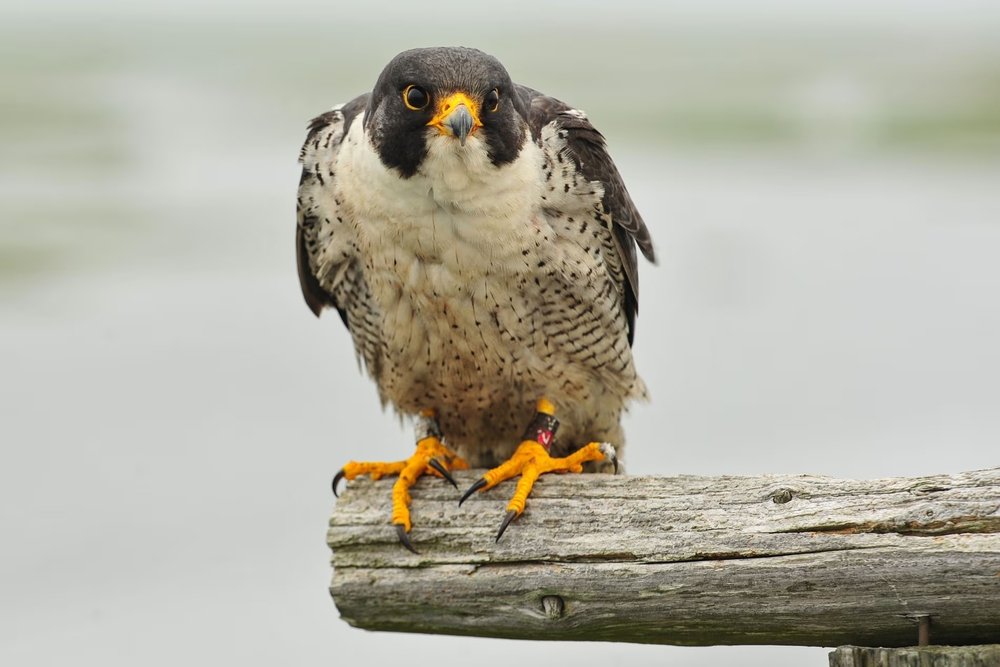
Coastal Peregrine Falcons’ Mysterious Decline
Coastal Peregrine Falcons’ Mysterious Decline
Gordon Propp, a set builder and wildlife enthusiast, has been monitoring 13 peregrine falcon nests in Vancouver for six years, including ten on city bridges. Recently, he noticed many nests were empty, with only construction and raven predation explaining some disappearances. This trend isn’t isolated; scientists worldwide report declining peregrine populations in at least 11 countries. Peregrines, known for their incredible speed and adaptability, are found across the globe, from North America to Europe, Asia, and Australia. However, recent observations, such as those by Skip Ambrose in Alaska, show alarming declines, with many nesting sites abandoned.
In response, Bud Anderson launched a forum in May 2024, uniting over 100 researchers to discuss the mysterious decline. While no definitive cause has been identified, many suspect highly pathogenic avian influenza (HPAI), which has been spreading globally since 2022, infecting birds and other animals. Peregrines may contract the virus by preying on infected shorebirds or waterfowl. In Montreal, necropsies confirmed HPAI killed at least two falcons, while others disappeared or experienced breeding failures.
Coastal populations, like those in New Jersey and Virginia, are particularly affected, while inland areas, such as Washington State, remain stable. Scientists like Patrick Redig and David Bird suggest HPAI could be the primary cause, but without large-scale surveillance, it’s hard to confirm. Efforts to test deceased peregrines for HPAI are underway in some states. If HPAI is the culprit, peregrines face a challenging path to recovery, requiring immunity development as the virus runs its course.
Full text of the article: https://www.biographic.com/coastal-peregrine-falcons-mysterious-decline/


In order to leave a comment, you need to log in!